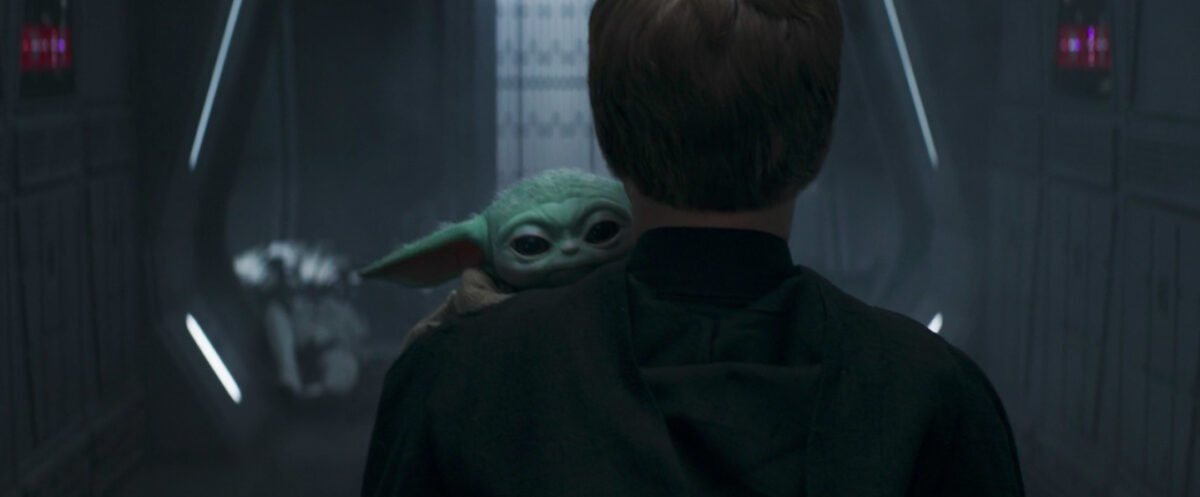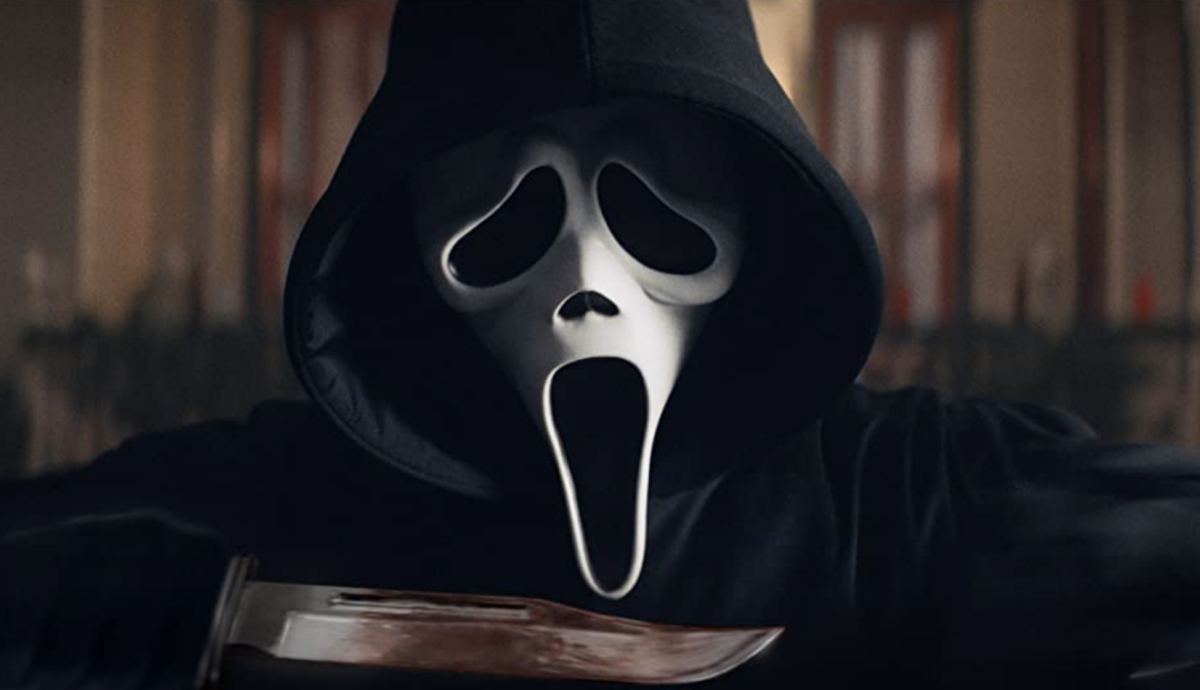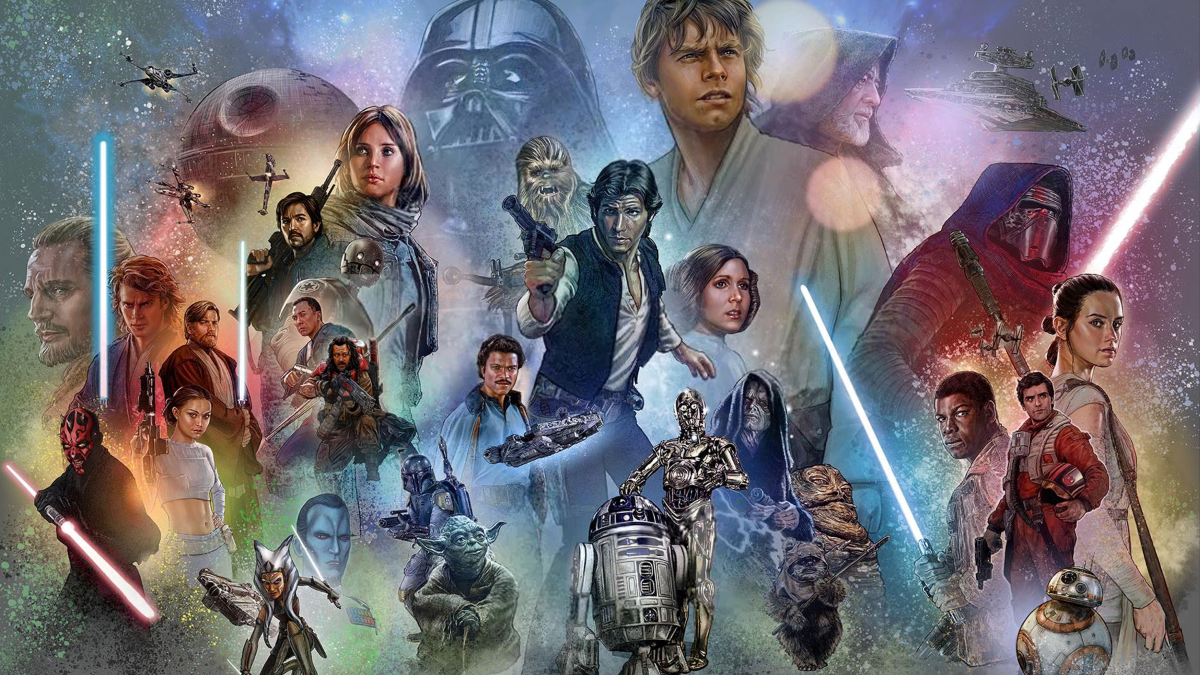We are living in the era of Cinematic and Television Expanded Universes: Star Wars, Marvel, DC, Game of Thrones, it seems like every major franchise is making bank on having as wide a reach as possible, as many shows and as much intertextuality as possible. And while it has opened a whole new world of storytelling possibilities, there’s also an ever-growing number of significant drawbacks.
Add instead of develop

One thing many of these shows choose to do is add to their ever-expanding list of characters in favor of developing the characters they already have. Once Upon a Time quickly turned from an exploration of Fairytale characters (including some non-Disney ones) into the endless parade of Disney cameos, who left as quickly as they were introduced. The whole show was effectively put on hold for half a season to adapt their own live action Frozen 2 that preceded the actual sequel by a few years.

They also might introduce characters who are interesting and can add to the current cast in new ways, only for those characters to be killed off to provide “stakes” while bending over backwards to keep the main cast safe. Seasons 3 and 4 of Stranger Things killed off most of the new characters introduced while practically bringing Hopper back from the dead, leading to some feeling like the show lacks the bite to actually commit to putting beloved characters in harm’s way.
Spinoffs

Sometimes, a show or movie will get the chance to expand its world or characters in spin-off shows or books. However, that can become a problem when the main show / continuity disregards or contradicts that spinoff.
Stranger Things had several books explaining what happened to the other children in the Hawkins Lab. But Season 4 disregarded those books, abandoning the spinoff stories of the other Hawkins lab children and instead killing most of them off in 001’s massacre.
That leaves some fans wondering why they devoted time and money to following these spinoffs if they’re just going to be disregarded by the creators.
The opposite problem also arises when a franchise becomes too dependent on their spin-offs or expanding materials.

Fans of the Mandalorian will be forced to watch The Book of Boba Fett to get caught up with Din Djarin and Grogu who have been reunited before the third season of the show.
Rise of Skywalker chose not to explain Palpatine’s return or Rey’s family in the movie and instead used these expanded materials and even a Fortnite crossover to explain things that the movie should have taken the time to explain.
George R. R. Martin and HBO became so focused on the idea of spinoffs that they neglected the main franchise and may have soured the brand altogether.
I honestly can’t imagine trying to watch anything new from the Marvel Cinematic Universe without having seen the 14+ years of Marvel movies and, increasingly, the Marvel movies that have come before or after (should Sam Rami’s Spider-man movies, the Mark Webb Amazing Spider-man movies, and the X-men movies be considered part of the MCU now?).
Shows that do it well

That’s not to say there haven’t been movies/shows that do it well.
Better Call Saul managed to break both the spin-off and prequel curse because it doesn’t focus on the main characters of the original show (whose stories have already been told) and is committed to the scope of the story it is telling. It does introduce new characters, but it also develops both new and familiar characters. It helps that the show has taken its time and was much more of a slow burn. It knew it had an audience but trusted that the audience would prefer substance over the spectacle of fanservice.

Angel also managed to do this by focusing on relatively different themes and struggles than it’s ‘parent’ show, Buffy the Vampire Slayer (Passion of the Nerd describes Buffy as being about growing up while Angel is about adulthood) and when the shows did crossover, it was usually kept to an episode or two, with the sparse background given allowing casual viewers to understand the significance while rewarding viewers of both shows. The best use of this crossover is the “Fool for Love” / “Darla” ‘crossover’ that uses ‘Rashomon’ style editing to show the same events from two different perspectives (Spike and Darla), that also allows casual viewers to easily understand.

Scream (2022) is another solid example of this, intentionally commenting on the trend of ‘re-quels’ that attempt to appeal to fans both old and new by making media that are Easter Egg nostalgia-fests that pretend to be remakes of classics. While not calling itself ‘Scream 5,’ it does still continue the story longtime fans have been following for 26 years, while also making the story accessible to newcomers.
And in conclusion…
I say this as a fan of many of these expanded universes; I love Star Wars, Marvel, DC, and many other expanded universe franchises. I wouldn’t be writing here today if it weren’t for them and the love for them. But I also want to see them done well.
Like with most things, writing expanded universes is a balancing act.
If you depend too much on the other properties to round out your story, it can alienate new or casual audiences or make a story that cannot stand on its own.
If you completely disregard all the expanded materials, you alienate devoted fans who spend a lot of time and money on your work.
Just because you have a built-in audience of fans doesn’t mean you should only cater to them nor take them for granted.

My best advice is to narrow focus. DC Entertainment has somewhat realized that rather than copying the sprawling Marvel Cinematic Universe, they can instead make a bunch of one-off films, allowing a wide array of tones and characters and directors the chance to explore in ways the rigid continuity of Marvel could never allow. Even then, a lot of the best stories in these expanded universes are stories that focus on one story and find ways to naturally weave the stories of others throughout. A story of a helmeted warrior adopting a magic alien child. A story of a Pakistani-American Superhero fangirl getting powers of her own.
Sometimes, smaller is better.
—The Mary Sue has a strict comment policy that forbids, but is not limited to, personal insults toward anyone, hate speech, and trolling.—
Have a tip we should know? [email protected]
